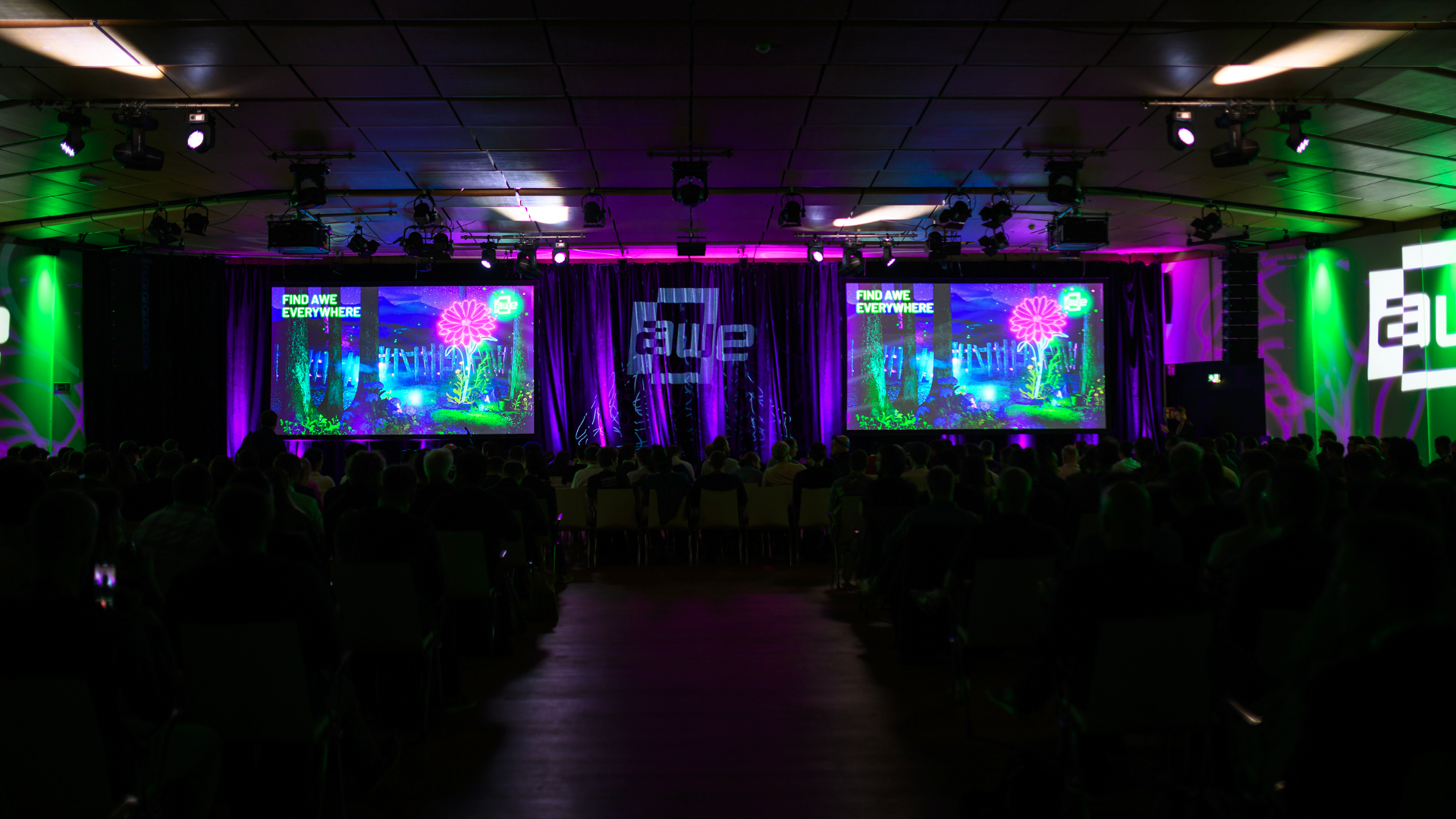Welcome back to AWE Talks, our series that revisits the most engaging content from AWE’s catalog of conference sessions. Now that AWE EU 2023 has concluded, we have a fresh batch of sessions to dive into.
This week, we examine XR funding. How has it changed in the past year with the rise of AI and fall of the m-word? And how do challenges in the broader startup funding environment impact XR? A panel of VCs weigh in.
See the summarized takeaways below, along with the full session video. Stay tuned for more video highlights each week and check out the full library on awe.live and AWE’s YouTube Channel.
Speakers
Leen Segers, Women in Immersive Technologies
Dave Haynes, FOV Ventures
Andrey Lunev, Startup Wise Guys
– The startup funding environment has gotten quite difficult over the past year.
– There's a Covid software-boom hangover and a correction to overvalued markets.
– In XR, that's exacerbated by a separate hangover: a burst metaverse bubble.
– AR and VR startups' adjacency to the m-word has colored them negatively.
– For all these reasons, investors see a dramatic drop in the m-word in pitches.
– And they've seen a corresponding rise in the use of AI in pitch decks.
– In either case, startups can't rely solely on these buzzwords... fundamentals rule.
– That includes market size, tech differentiation, founding team, and market timing.
– These factors are more important now than ever, due to more discerning investors.
– Because XR is relatively small still, you need to demonstrate you're a category leader.
– Also, don't cite broad market-sizing figures, but rather your addressable market.
– If you want to mention AI, don't do it as an empty buzzword but as a force multiplier.
– Explain the AI uplift: where the tech enables you to be cheaper, faster, and better.
– For example, XR creation platforms can utilize AI to streamline developer workflows.
– "AI" will soon be like invoking "internet" or "mobile." It will be redundant and pervasive.
For more color from the panel, see the full video below...




